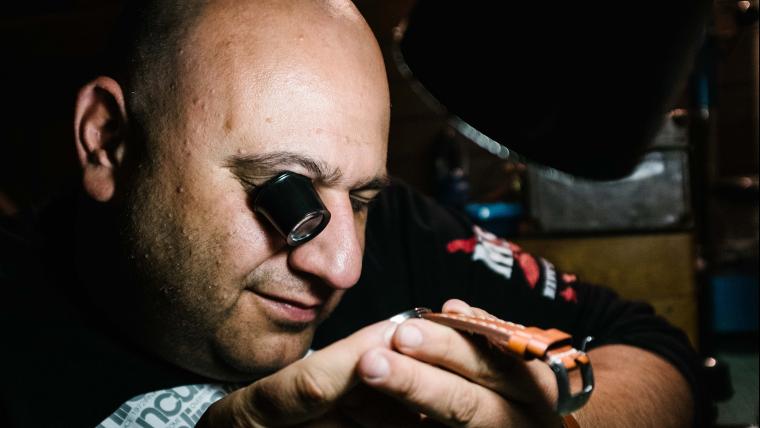
Can this pen save our fynbos from a silent killer?
In the quaint riverside village of Stanford, a Cape grassbird dances above the budding flowers. With over 9 000 fynbos species, the Overberg region is renowned for its rare and diversified beauty. But a silent killer lurks here. The Port Jackson willow, an alien tree, is threatening the growth and survival of our indigenous flora. Its unique ability to thrive in nutrient-deficient soil, germinate after fires, and propagate large numbers of longevous seeds make it the most aggressive tree in the shrubland. But one woman's creativity and determination is crafting a brighter future for fynbos.
To prevent further invasion in South Africa, a fungus was introduced to weaken the willow. This caused irregular brown swelling on the leaves and stems. For Di Mohr, co-founder of Stanford Wood Studio, it became a reminder of the tree’s devastation. Inspired to save the fynbos, Mohr grabbed a pair of garden shears and gloves, and began chopping down the monstrous knobbly bits of the invasive willow. With the galls, she formed a block consisting of resin, glue, and paint which was sanded down into the final product – a functional, eco-efficient pen.
Mohr’s quirky, hand-crafted creation has since become the talk of the town, demonstrating innovative ways to protect the Cape’s floral kingdom. “It’s difficult to create awareness about conservation, so we need to be creative,” she says. “You can make something environmentally caring and beautiful at the same time.” Mohr hopes that these unique pens will plant seeds of inspiration in the world, and in time grow sustainable solutions.






























Please sign in to leave a comment